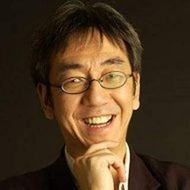Hong Kong's Cinderella story ended in 1997
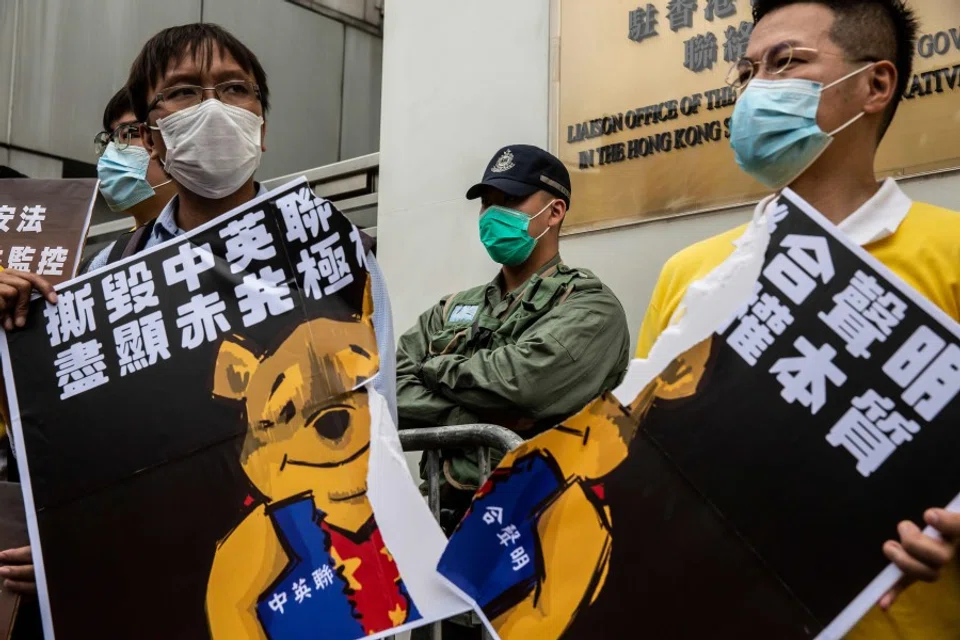
China has brazenly come up with a "national security law" for Hong Kong, complete with a specialised agency. Soon, it will directly enforce the law unfettered by Article 22 of the Basic Law. Carrie Lam's SAR government and its police will be kicked aside as a secret police is established. (NB: Chapter II, Article 22 of the Basic Law states: "No department of the Central People's Government and no province, autonomous region, or municipality directly under the Central Government may interfere in the affairs which the Hong Kong Special Administrative Region administers on its own in accordance with this Law.")
China has always felt unfairly treated by the Western powers, and even if it has taken back sovereignty over Hong Kong, China can only directly control Carrie Lam's administrative agencies...
China is showing its hand because it is certain that the Western capitalist powers will not be willing to give up the casino that is Hong Kong, or the huge market that is China, and will not just get up and go.
This major bet is the clash of cultures between China and the West, which is a legacy from the Opium Wars. China has always felt unfairly treated by the Western powers, and even if it has taken back sovereignty over Hong Kong, China can only directly control Carrie Lam's administrative agencies, including the police; not even the Legislative Council can be controlled as it wishes.
Another thing China cannot control is Hong Kong's judicial system, which is based on British common law, as well as its judges, who hold to the British judicial culture of rationality in conducting trials.
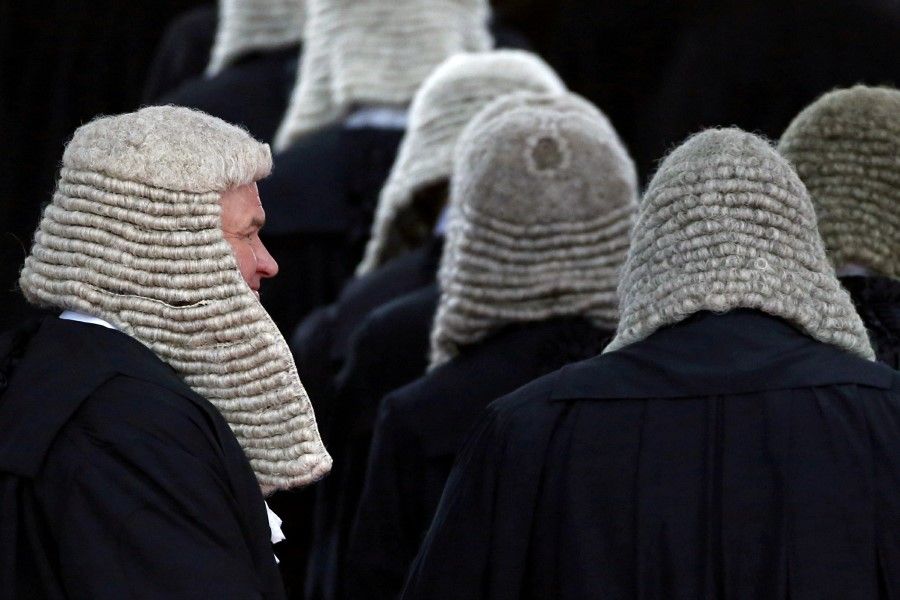
China took drastic action against the law faculty at the University of Hong Kong (HKU) by firing former law dean Johannes Chan for allegedly nurturing a new generation of British-thinking youth. It has also made its way into the Hong Kong Bar Association. However, it has had very limited impact in breaking into and reshaping the upper echelons of lawyers and arbiters from the High Court and above.
Third, the banking and financial sector. This sector is almost completely controlled by the US. Hong Kong's linked exchange rate system is the result of begging to peg its currency to the US dollar, and its bank funds and financial flows are all restricted by US rules against money laundering. Apart from tapping into big data from banks - using IT from the US - China has not been able to make one bit of difference to the global financial rules set by the Americans. This is rather "damaging" to national dignity.
...if the 35-plus, pan-Democratic, academic-led camp is allowed to grab more than half of the seats, there will be problems passing the budget for the SAR government.
And so, when China "took back" sovereignty of Hong Kong in 1997, in fact, it only took back less than a third of its rights.
Carrie Lam and all the other chief executives before her have often put up a fierce, frightening, and intimidating front in public, but it seems that Hong Kong's next generation is still drifting further and further from Lam's company of "administrators".
With the LegCo elections coming up in September, China senses a major crisis: if the 35-plus, pan-Democratic, academic-led camp is allowed to grab more than half of the seats, there will be problems passing the budget for the SAR government.
If the budget for the police goes up, the LegCo will veto the whole budget, and from the new fiscal year, the government will not be able to use public funds for various agencies. The entire administration would be as good as paralysed.
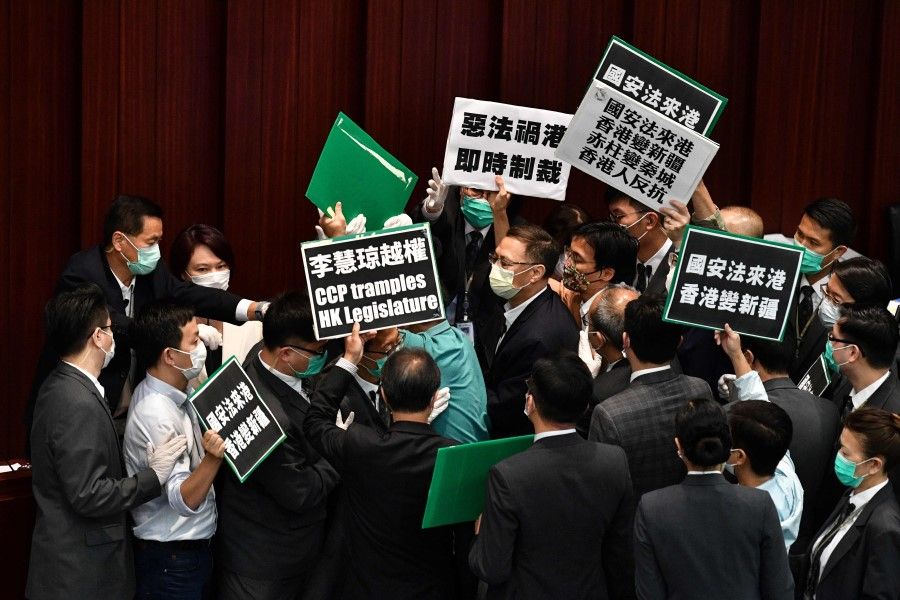
The committee that drafted the so-called Basic Law, including the representatives from China, did not spot this loophole, because the committee believed what Deng Xiaoping said about "Hong Kong people administering Hong Kong with a high degree of autonomy" (港人治港、高度自治). Even Lu Ping, former head of the Hong Kong and Macau Affairs Office, also reiterated in the People's Daily in 1993 that Hong Kong would be fully in charge of its own affairs, and China would only be in charge of national defence and foreign affairs.
At the time, the acceptance from both sides was predicated on the assumption that Deng Xiaoping's promise of "one country, two systems" would not change. Pan-democracy was seen as patriotic. And so, based on that commitment, even before 1997, the British laid the figurative tracks halfway and thought that with the British and Chinese working together, once the train started running, there would be universal suffrage in Hong Kong.
Hong Kong's Cinderella story ended on 30 June 1997. Only thing is, too many people do not believe the show is over, and still want to dance another waltz or two.
If universal suffrage had taken off earlier in Hong Kong, the opposition and government would know how to compromise in the LegCo. They would look at the big picture, because any differences in that big picture would be resolved among the various stakeholders - Hong Kongers themselves - through the usual means of debate and elections every four or five years. That would be the best way of handling political conflict.
However, Red China's political DNA inherently goes against such values. The elderly Deng Xiaoping must have either known this, or acted as if he did not. Over the past 20 years, following his passing, Beijing and Hong Kong have kept clashing, eventually evolving into the current irreconcilable, mutually destructive mess.
Hong Kong's Cinderella story ended on 30 June 1997. Only thing is, too many people do not believe the show is over, and still want to dance another waltz or two.
Note:
In a Facebook post, Chip goes on to discuss what might happen to Hong Kong after the implementation of the security law:
Once China officially implements the security law, the US will definitely revoke Hong Kong's independent tariff status. Commerce and Economic Development Secretary Edward Yau can "acknowledge" Hong Kong's own status according to the Basic Law, but all preferential treatment given to Hong Kong by the US will still cease.
When that happens, there will be an immediate reaction from the international community - does it believe in the US or in Hong Kong's Commerce and Economic Development Secretary? Does it believe in the Hang Seng Index and the exchange rate of the Hong Kong dollar against the US dollar (hopefully the US will still allow the Hong Kong dollar to ride on the US dollar)?
Many rich people, including the pro-establishment camp, cannot leave even if they want to. The people are afraid.
China is still guessing what the US will do next when it comes to the coronavirus, and whether there will be an independent inquiry.
Each day that the US does not act, even if the security law is passed in Beijing, it will not be truly enforced in Hong Kong, even though the people who will implement it are long ready and in position.
Technically, there is a short window of a few months, or even weeks, during which there will be no arrest operations, but there will be fear.
During this window, Hong Kong's financial stock market will be chaotic, and people will be looking for other places to park their funds. If the market goes south prematurely and there is a run, the window will not allow China or the US to exert individual or joint control. At the same time, rumours will fly and China will be even more convinced that the US is stirring trouble and exerting pressure in Hong Kong.
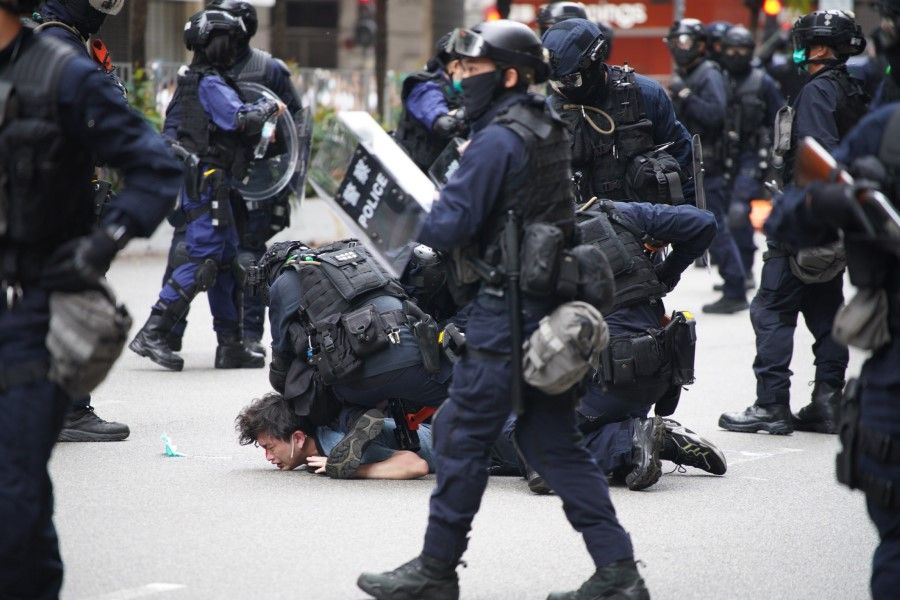
When that happens, the response would depend on what the US does in terms of the coronavirus, and how much the Chinese economy slides.
Hong Kong has been taken hostage, especially now that pretty much half of all flights are paralysed, and airports are basically on semi-lockdown. Many rich people, including the pro-establishment camp, cannot leave even if they want to. The people are afraid.
Right now, neither side is in control of how the situation will develop or escalate. During the 1967 riots in Hong Kong, Zhou Enlai did all he could to put on the brakes. After the Tiananmen Square protests in 1989, Deng Xiaoping declared that there would be no change to the reform and opening up of the market economy, and George Bush Sr tacitly understood. Back then, the US also trusted that China would not change under Deng Xiaoping's leadership, and after a short verbal sanction, diplomacy returned to normal.
Then, calm returned to Hong Kong, and it prepared for the inevitability of 1997.
But this time, things are completely different.
This article was first published in Chinese on CUP media as "其實早已打烊". Additional text from Facebook.
